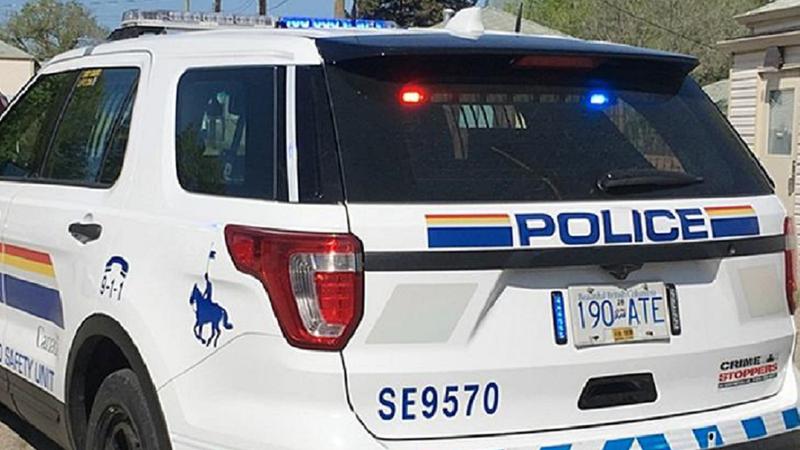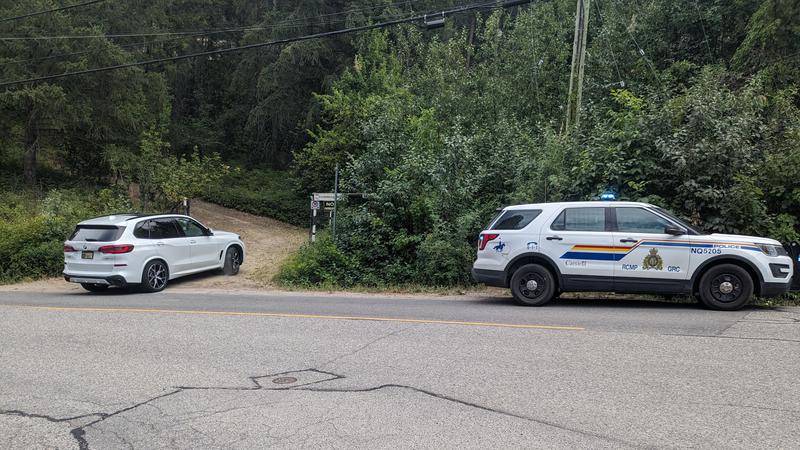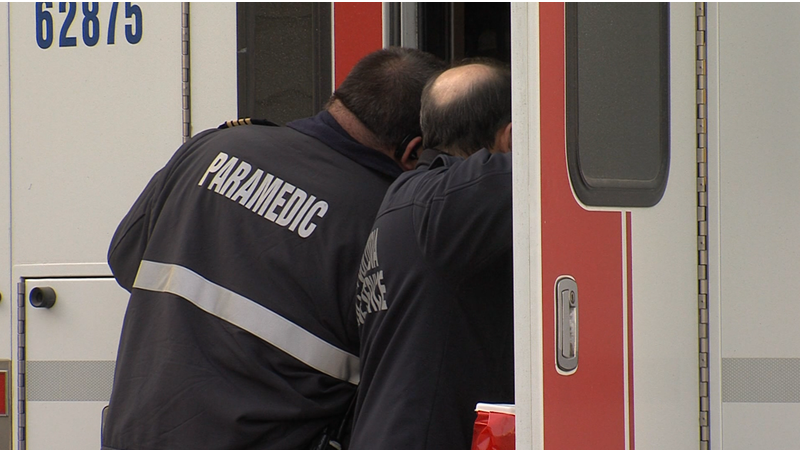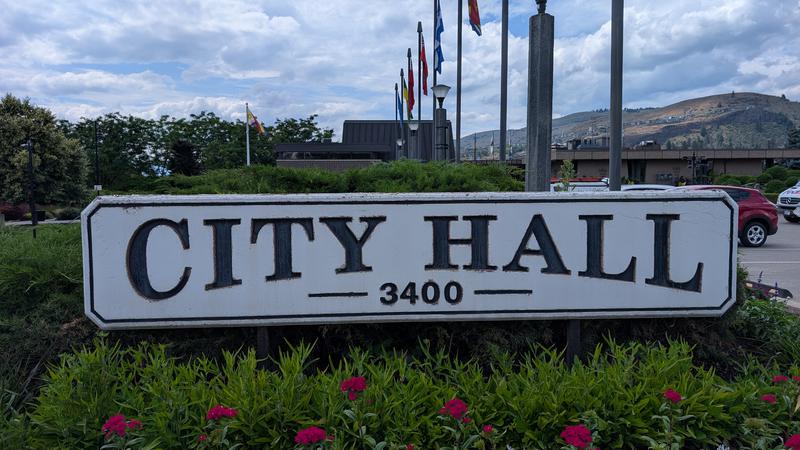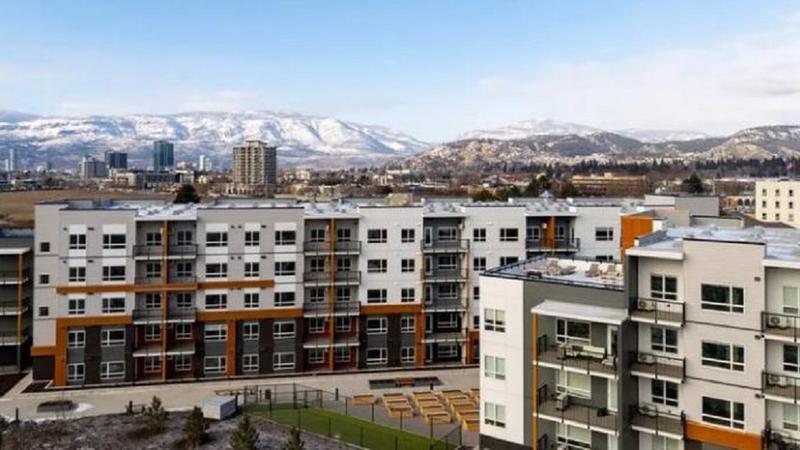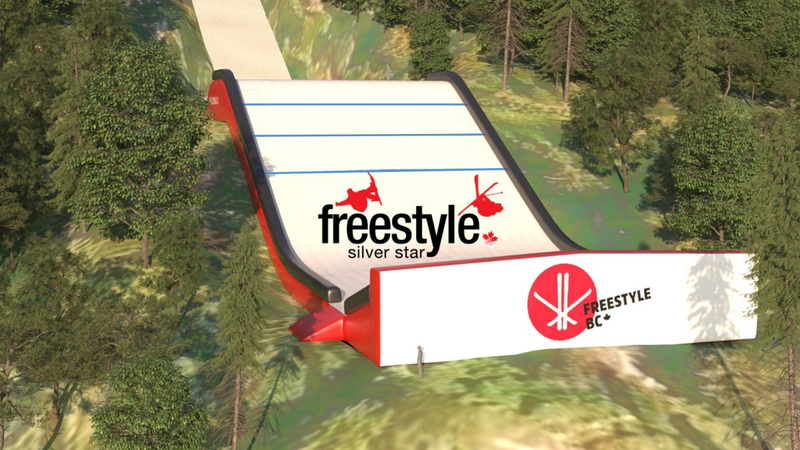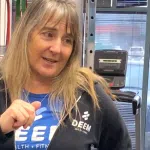
Fiscally conservative Independent running in the Coldstream and area riding
A man who grew up in Rutland, and describes himself as a fiscal conservative, is vying for the MLA seat.
Kevin Kraft is the Independent candidate for the Kelowna-Lake Country-Coldstream riding.
Kraft’s work experience spanned from working as a firefighter to a firefighting instructor, working for the Jaycees at-risk youth downtown drop-in centre, to being a member of the Varsity and Recreation staff at UBCO. Currently, Kraft is the Central Okanagan East Electoral Area Director to the Central Okanagan Regional District Board of Directors, and is also a teacher-on-call for School District 23.
He is running as an Independent in the 2024 Provincial General Election, saying his local ties can be beneficial in representing the riding.


